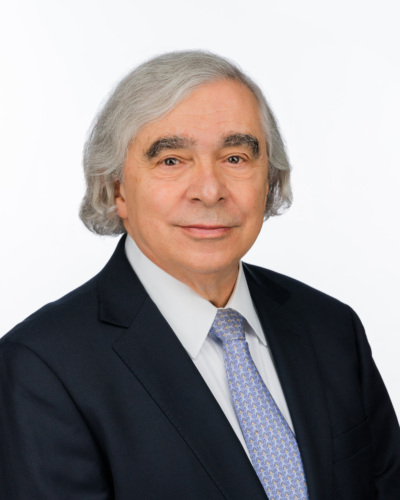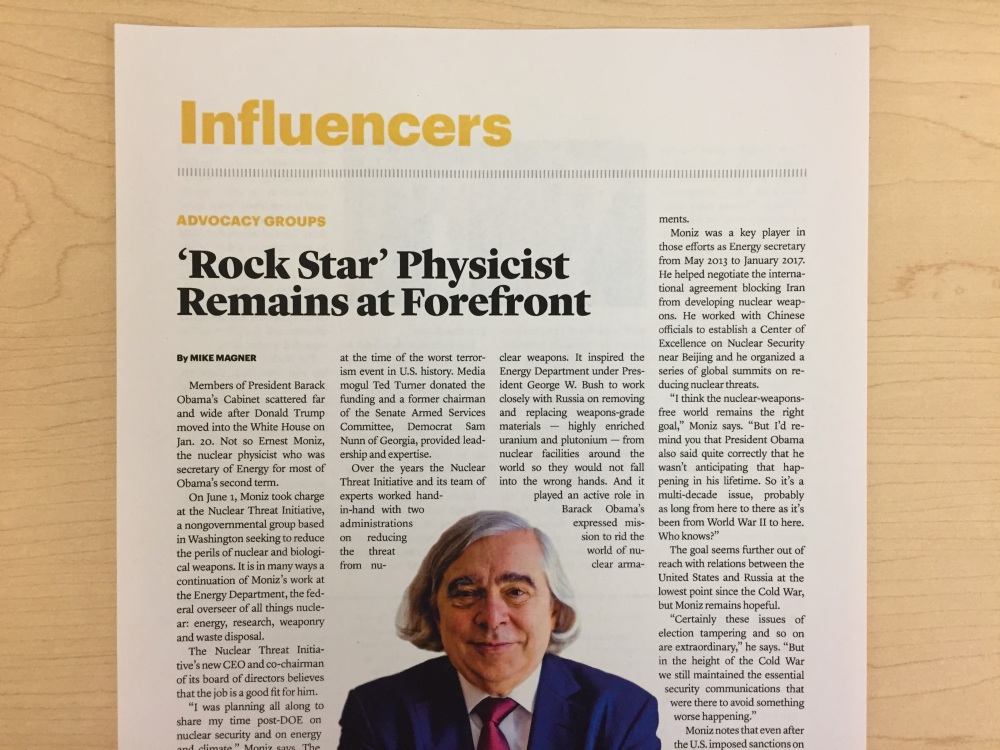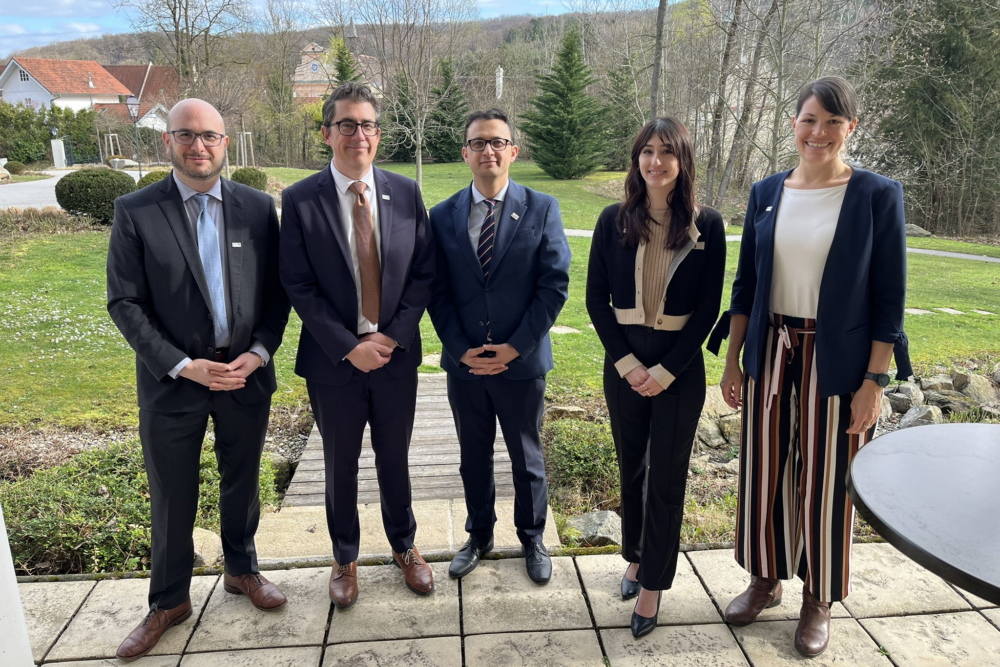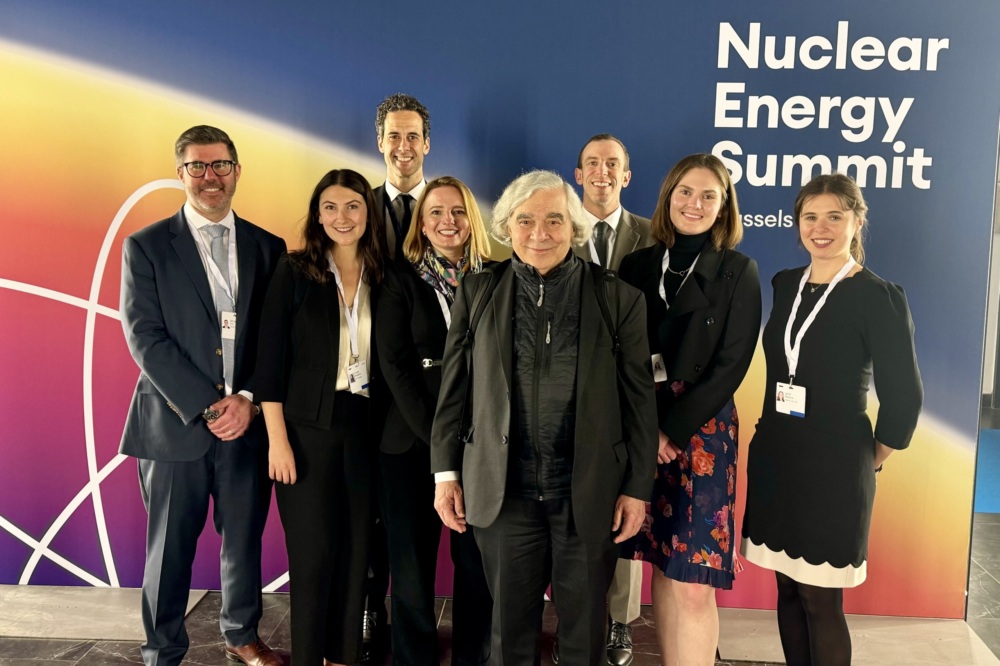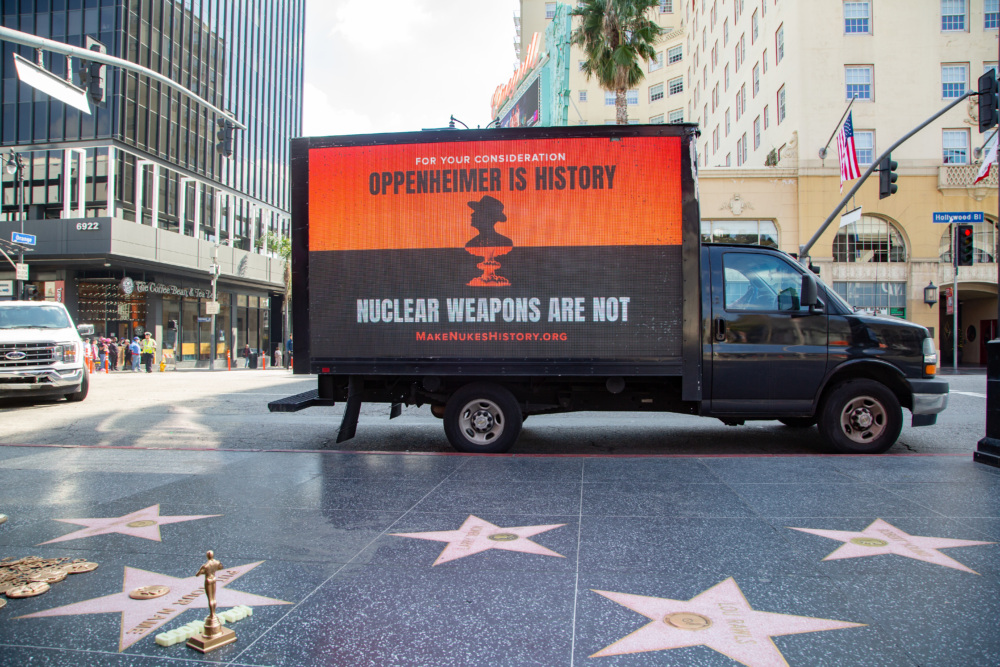As part of its Influencers section, CQ Magazine recently
interviewed NTI CEO and Co-Chairman and former Secretary of Energy Ernest Moniz.
See below for excerpts of the article, headlined “’Rock Star’ Physicist Remains
at the Forefront.”
- “On June 1, Moniz took charge at the Nuclear Threat
Initiative, a nongovernmental group based in Washington seeking to reduce the
perils of nuclear and biological weapons. It is in many ways a continuation of
Moniz’s work at the Energy Department, the federal overseer of all things
nuclear: energy, research, weaponry and waste disposal.”
…
- “Nunn, who remains co-chairman of the Nuclear Threat
Initiative board but has turned over the role of CEO to Moniz, was ecstatic
when he announced the arrangement in March. ‘Among many other accomplishments,
he played a pivotal role in the successful conclusion of the Iran agreement,’
Nunn said. ‘Ernie is an outstanding leader and a brilliant thinker, who is
respected around the globe.’”
…
- “A starting point for Moniz’s work is the list of 51 recommendations for ‘mutually beneficial
cooperation’ with Russia, part of a joint report issued in February by the
institute and the Moscow-based Center for Energy and Security Studies. That
includes ‘keeping nuclear weapons or materials out of the hands of ISIS, which
is a shared objective,’ Moniz says. One high priority
will be encouraging an aggressive response to the nuclear threat posed by North Korea, Moniz says. ‘That has to be
addressed,” he says. “We want to have strong discussion here on what we can do
in that debate.’”
…
- “Another top concern is the 850 irradiators in the U.S. —
mostly used to treat blood before transfusions — that contain a powdered form
of cesium that could be used to make a dirty bomb. Moniz says the Nuclear Threat
Initiative is working with all the hospitals in New York City to replace cesium
irradiators with alternative devices that are just as effective, and that
effort will be expanded to other cities.”
- “The Nuclear Threat Initiative has also hired Beth Cameron,
previously the senior director for global health security and biodefense on the
White House National Security Council staff, to focus on the threat of
biological weapons. ‘We’re going to look at how we can ramp up there,’ Moniz
says. ‘Perhaps start a
threat index on how countries are prepared or not. We also want to look
hard at assessing the risks and how they can be addressed with new technology
development.’”
Note: CQ Magazine is a
subscription publication.
Click
here to learn more about NTI’s work on reducing dirty bomb threats, and here to learn about our work on
biosecurity.
